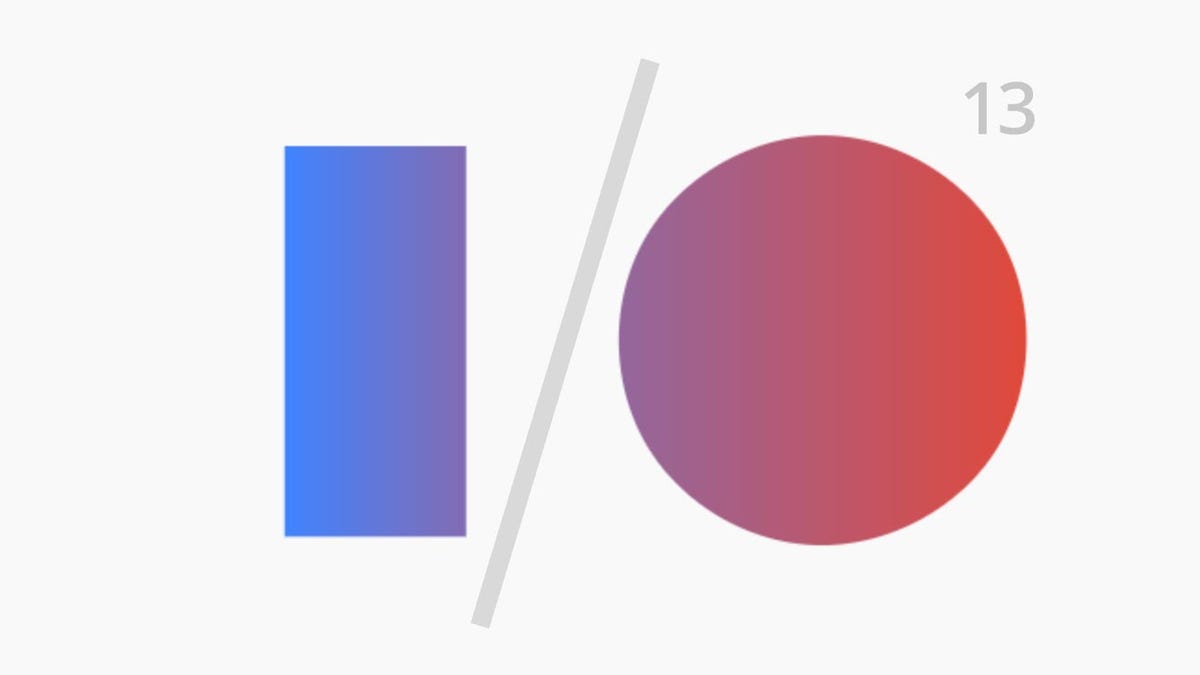Google promises speedup with new Go 1.1 language
Just before the Google I/O conference, Google announced performance improvements and new features for its programming language designed for jobs that C might handle today.

Google released Go 1.1 Monday, promising faster software for programmers who use the language.
"We have made optimizations in the compiler and linker, garbage collector, goroutine scheduler, map implementation, and parts of the standard library," said Andrew Gerrand in a blog post. "It is likely that your Go code will run noticeably faster when built with Go 1.1."
Google made the announcement just before the Google I/O show in San Francisco. The company plans to detail Go at the developer-oriented conference, including a session on writing Go programs on Google App Engine, a Google-hosted server infrastructure and a fireside chat with Go's developers.
Go is a general-purpose programming language designed for the sorts of jobs that programmers use the venerable C or C++ languages for today -- Google's own servers, for example.
Go hasn't taken the world by storm; programming languages are slow to catch on and it's hard to establish new ones. Go hasn't, though, been met with the criticisms aimed at Dart, Google's language designed to improve on the JavaScript language used to power Web sites and Web apps. Criticics there are concerned about the consequences of adding a new software environment to the Web, a move that would require browsers to support it for many, many years.
Go 1.1 also has some changes to the language itself -- details are in the Go 1.1 release notes -- but they're backward compatible, meaning that older programs will run when built with Go 1.1 tools. "We recommend all Go users upgrade to the new release," Gerrand said.
Google started developing Go in 2007 and announced it publicly in 2009. With that transition, Google made Go an open-source project that includes supporting software libraries of pre-written code and a compiler that translates human-written software into code a computer understands.
Garrand sang the praises of outsiders who contributed to the project. "Since Go 1.0, the core received more than 2600 commits from 161 people outside Google," he said.

